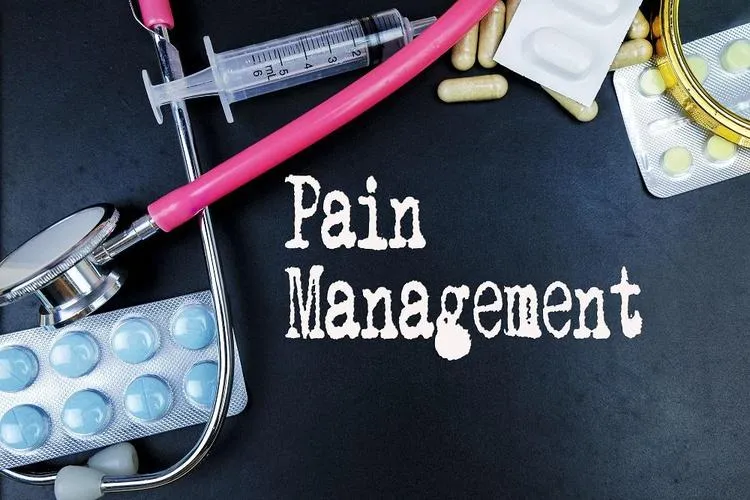What is pain actually
May 5, 2022
Pain is an essential defense mechanism of the body. Pain receptors are located all around
our body and mostly in the skin. These receptors sense any dangerous contact and send
instantaneous signals to the brain (thalamus) to respond at once and to keep the body out of danger.
Pain management strategies
Studies suggest that a person’s emotional well-being can impact the experience of pain. Understanding the cause and learning effective ways to cope with your pain can improve your quality of life. Key pain management strategies include:
- Pain medicines
- Physical therapies (such as heat or cold packs, massage, hydrotherapy, and exercise)
- Psychological therapies (such as cognitive behavioral therapy, relaxation techniques, and meditation)
- Mind and body techniques (such as acupuncture)
- Community support groups
Types of pain
There are 2 main types of pain:
- Acute pain – a normal response to an injury or medical condition. It starts suddenly and is usually short-lived.
- Chronic pain – pain that continues beyond the time expected for healing. It generally lasts longer than 3 months.
Pain may be anything from a dull ache to a sharp stab and can range from mild to extreme. You may feel pain in one part of your body, or it may be widespread.
Causes of pain
The most common causes of pain in adults include:
- Injury
- Medical conditions
Managing pain without medicines
Many non-medicine treatments are available to help you manage pain. A combination of treatments and therapies is often more effective than just one.
Some non-medicine options include:
- Heat or cold – use ice packs immediately after an injury to reduce swelling. Heat packs are better for relieving chronic muscle or joint injuries.
- Physical therapies – such as walking, stretching, strengthening, or aerobic exercises may help reduce pain.
- Massage – this is another form of physical therapy.
- Relaxation and stress management techniques – including meditation and yoga.
- Cognitive behavioral therapy – this form of psychological therapy can help you learn to change how you think and, in turn, how you feel about pain.
- Acupuncture – it involves inserting thin needles into specific points on the skin. It aims to restore balance within the body and encourage it to heal by releasing natural pain-relieving compounds (endorphins).
- Transcutaneous electrical nerve stimulation (TENS) therapy – low voltage electrical currents pass through the skin via electrodes, prompting a pain-relieving response from the body. Some people with chronic pain that are unresponsive to other treatments may experience a benefit.
Your doctor or other healthcare professional can guide you through the best treatments for you.
Pain medicines
Many people will take a pain medicine (analgesic) at some time in their lives.
The main types of pain medicines are:
- Paracetamol – it is often recommended as the first medicine to relieve short-term pain.
- Aspirin – it is prescribed for short-term relief of fever and mild-to-moderate pain.
- NSAIDs, such as ibuprofen – these medicines relieve pain and reduce inflammation (redness and swelling).
- Opioid medicines, such as codeine, morphine, and oxycodone – these medicines are reserved for severe or cancer pain.
- Local anesthetics (drops, sprays, creams, or injections) – are used when nerves can be easily reached.
- Some antidepressants and anti-epilepsy medicines – are used for a specific type of pain, called nerve pain.
Precautions when taking pain medicines
Treat over-the-counter pain medicines with caution, just like any other medicines. It’s always good to discuss any medicines with your doctor.
General suggestions include:
- Don’t self-medicate with pain medicines during pregnancy – some can reach the fetus through the placenta and potentially cause harm.
- Take care if you are old or caring for an older person. Older people have an increased risk of side effects. For example, taking aspirin regularly for chronic pain (such as arthritis) can cause a dangerous bleeding ulcer in the stomach.
- When buying over-the-counter pain medicines, speak with a pharmacist about any prescription and complementary medicines you are taking so they can help you choose a pain medicine that is safe for you.
- Don’t take more than one over-the-counter medicine at a time without consulting your doctor.
- Consult your doctor before using any over-the-counter medicine if you have a chronic (ongoing) medical condition.
NOTICE BOARD
CONTACT US
CONTACT US
 Book Appointment
Book Appointment


.svg)
.svg)
.svg)
.svg)








